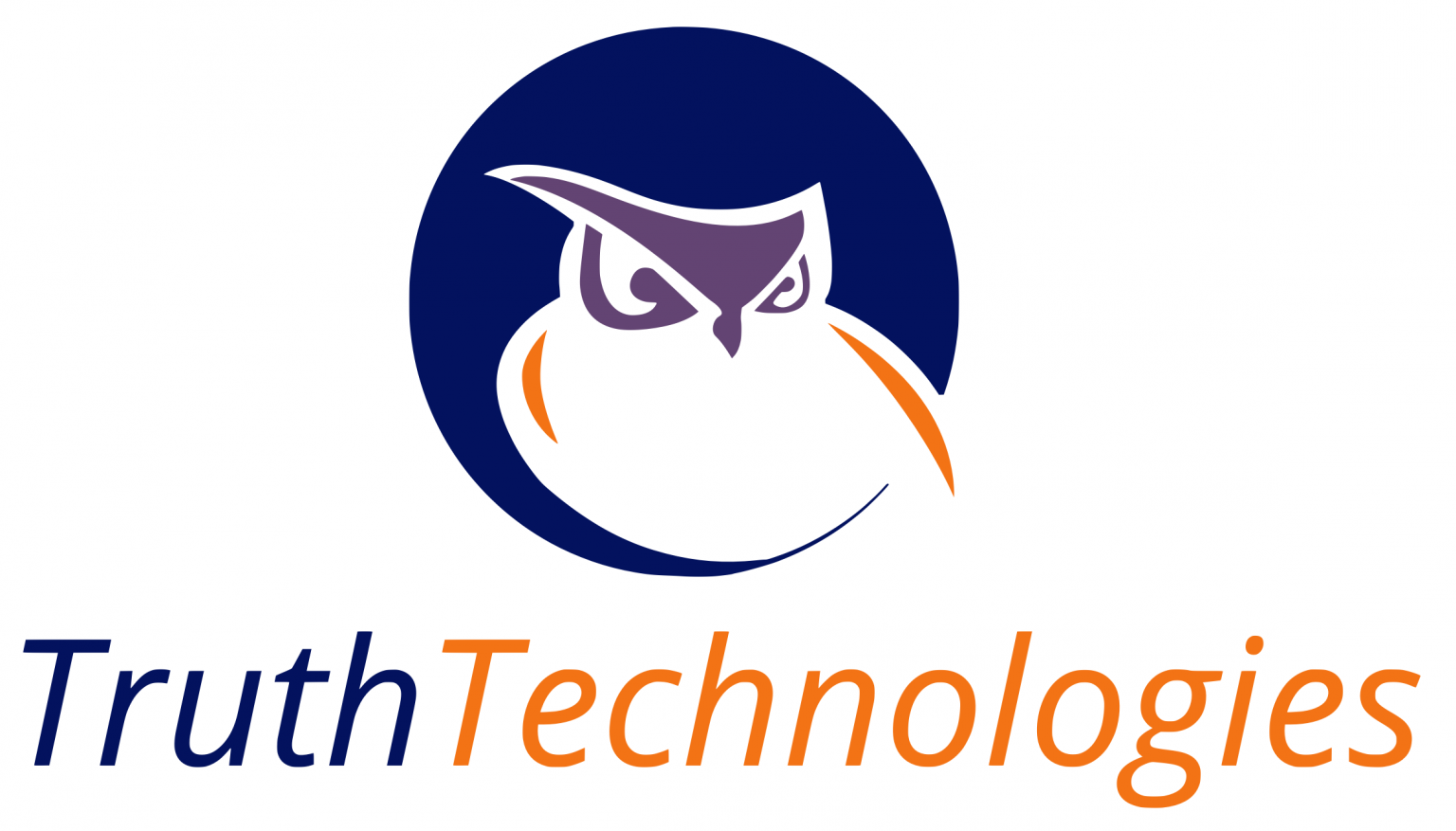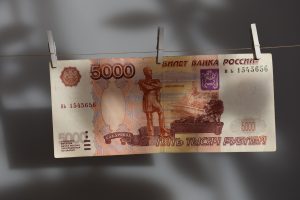Shinhan Bank America Violates Bank Secrecy Act without the use of AML Compliance Program
According to the Financial Crimes Enforcement Network (FinCEN), Shinhan Bank America (SHBA) violated the Bank Secrecy Act (BSA) by not maintaining an AML compliance program. FinCEN has announced a $15 million civil money penalty against SHBA regarding this issue.
Shinhan Bank America (SHBA) subsidiary of Shinhan Bank is one of South Korea’s largest and oldest banks. SHBA provides various banking and financial services to individuals, businesses, and institutions.
FinCEN’s Director Andrea Gacki said, “SHBA willfully disregarded its obligations under the BSA to maintain an effective anti-money laundering (AML) program and to identify and report suspicious transactions to FinCEN, despite being informed of its deficiencies as far back as 2015” (FinCEN).
According to FinCEN, SHBA acknowledged that, between April 2016 and March 2021, it deliberately violated the BSA by neglecting to establish and sustain an AML program that could prevent money laundering (FinCEN). Furthermore, the bank failed to promptly report numerous suspicious financial activities involving its customers, which were processed through the bank. Consequently, tens of millions of dollars in questionable transactions were not reported to FinCEN as required. Including transactions linked to tax evasion, public corruption, money laundering, and other financial offenses.
What is FinCEN?
FinCEN is a bureau of the United States Department of the Treasury. FinCEN’s primary mission is to combat financial crimes, including money laundering, terrorist financing, and other illicit activities that threaten the stability and integrity of the U.S. financial system.
FinCEN collects and analyzes financial transaction data, enforces AML/CFT regulations, and provides intelligence and information to financial institutions and law enforcement agencies to help identify and prevent financial crimes. It also administers regulations such as reporting large currency transactions and suspicious activity reports by financial institutions.
The Bank Secrecy Act
The Bank Secrecy Act (BSA), or the Currency and Foreign Transactions Reporting Act, is a federal law in the United States enacted in 1970. Its primary purpose is to combat money laundering and other financial crimes. The BSA requires financial institutions to establish and maintain certain records and report certain transactions to the government. The Bank Secrecy Act has been amended and expanded over the years to address emerging threats in the financial sector.
The BSA has been instrumental in helping authorities track and combat financial crimes, including money laundering, tax evasion, terrorist financing, and other illicit activities that rely on the financial system. Financial institutions play a crucial role in maintaining the integrity of the U.S. financial system by complying with BSA requirements and using AML Compliance Programs such as Truth Technologies Software.
Truth Technologies AML Compliance Programs
Compliance with BSA reporting requirements is crucial for financial institutions to prevent illicit financial activities and ensure national security. However, these reporting obligations can be complex, and financial institutions often work closely with regulatory agencies and legal experts to fulfill their responsibilities under the BSA. Truth Technologies ‘provides AML compliance programs that help prevent financial crime within your organization. Contact us today for a free demo and see how we can help your organization adhere to the Bank Secrecy Act (BSA) and AML/KYC regulations.
For more information, click here.




